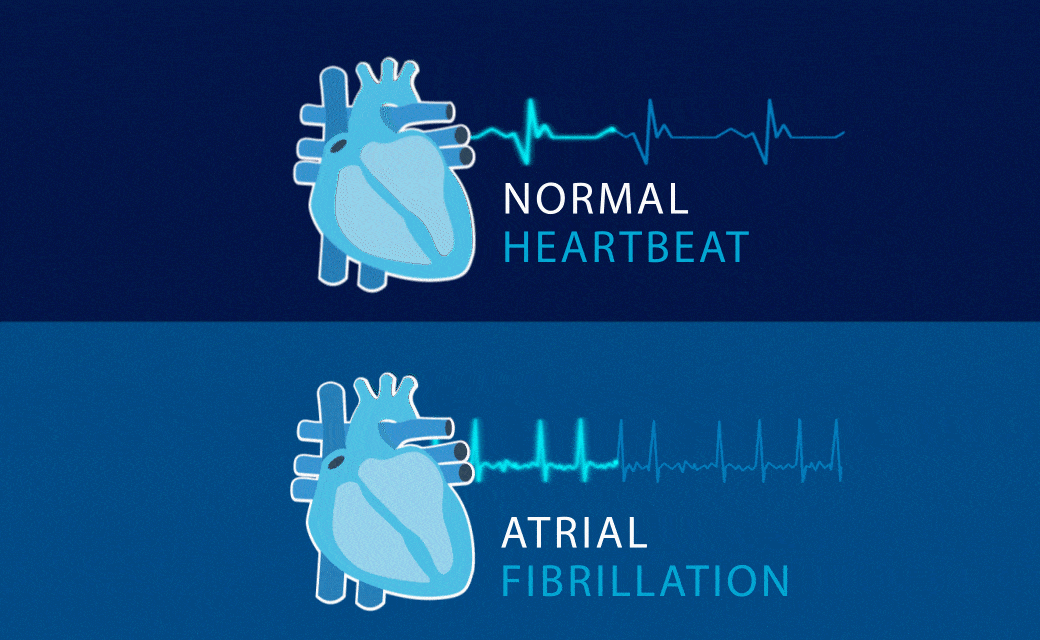

Taking care of your heart
Cardiovascular diseases are the leading cause of death worldwide. Every year more people die from cardiovascular diseases than from any other cause.
Learn more about a few of these conditions so you and your loved ones can be better prepared.
17.9 Million
According to World Health Organization*, this is the number of people who die from cardiovascular diseases each year (which represents around a third (1 in 3) of all death worldwide).
*https://www.who.int/health-topics/cardiovascular-diseases#tab=tab_1
4 Million
In Europe, cardiovascular diseases account for 4 million deaths per year which is almost half of all mortality. Cardiovascular mortality is higher in women than in men.
-World Health Organization
CVD Data
23.6 Million
By 2030, it is estimated that almost 23.6 million
people will die from some kind of
cardiovascular disease.*
17.9 Million
According to World Health Organization*, this is the number of people who die from cardiovascular diseases each year (which represents around a third (1 in 3) of all death worldwide).
*https://www.who.int/health-topics/cardiovascular-diseases#tab=tab_1
4 Million
In Europe, cardiovascular diseases account for 4 million deaths per year which is almost half of all mortality. Cardiovascular mortality is higher in women than in men.
-World Health Organization
CVD Data
23.6 Million
By 2030, it is estimated that almost 23.6 million
people will die from some kind of
cardiovascular disease.*
CARDIOVASCULAR DISEASES
Being informed about your health is the first stepto getting the right care.
Know about your condition:
WHAT IS AN ARRHYTHMIA?

An arrhythmia is a heart rate (pulse) or heart rhythm disorder. The heart can beat too fast (tachycardia), too slow (bradycardia) or irregularly.
WHAT IS ATRIAL FIBRILLATION?

Atrial fibrillation (AF) is the rapid heart rate caused by chaotic and irregular electrical impulses in the upper chambers of the heart (atria).
WHAT IS HEART FAILURE?

Heart failure is a condition where the heart muscle weakens and is not able to pump blood efficiently.
Know about your condition:
WHAT IS AN ARRHYTHMIA?

An arrhythmia is a heart rate (pulse) or heart rhythm disorder. The heart can beat too fast (tachycardia), too slow (bradycardia) or irregularly.
WHAT IS ATRIAL FIBRILLATION?

Atrial fibrillation (AF) is the rapid heart rate caused by chaotic and irregular electrical impulses in the upper chambers of the heart (atria).
WHAT IS HEART FAILURE?

Heart failure is a condition where the heart muscle weakens and is not able to pump blood efficiently.
When discussing with your doctor, you may want to use this document to help guide the conversation
When discussing with your doctor, you can guide the conversation with this document.
When discussing with your doctor, you may want to use this document to help guide the conversation
To consult with your doctor, you can guide the conversation with this document:
WHAT TO DO IF YOU THINK YOU HAVE A CARDIOVASCULAR DISEASE?

See your doctor who specializes in treating cardiovascular diseases.

Explore treatment options with your doctor.

When you are not satisfied with the current treatment, ask your doctor about alternative therapies.
WHAT TO DO IF YOU THINK YOU HAVE A CARDIOVASCULAR DISEASE?

See your doctor who specializes in treating cardiovascular diseases.

Explore treatment options with your doctor.

When you are not satisfied with the current treatment, ask your doctor about alternative therapies.
When discussing with your doctor, you may want to use this document to help guide the conversation
When discussing with your doctor, you may want to use this document to help guide the conversation
Medtronic
Engineering the extraordinary
UC202117449 EE
Take care of your heartbeat is an educational initiative designed to inform people about heart rhythm disorders. It is brought to you by Medtronic.
Information on this site does not constitute medical advice.
Always consult with your physician about treatment options and if you have any questions or concerns about your health.
Last updated February 2026
Medtronic
Engineering the extraordinary
UC202117449 EE
Last updated February 2026


